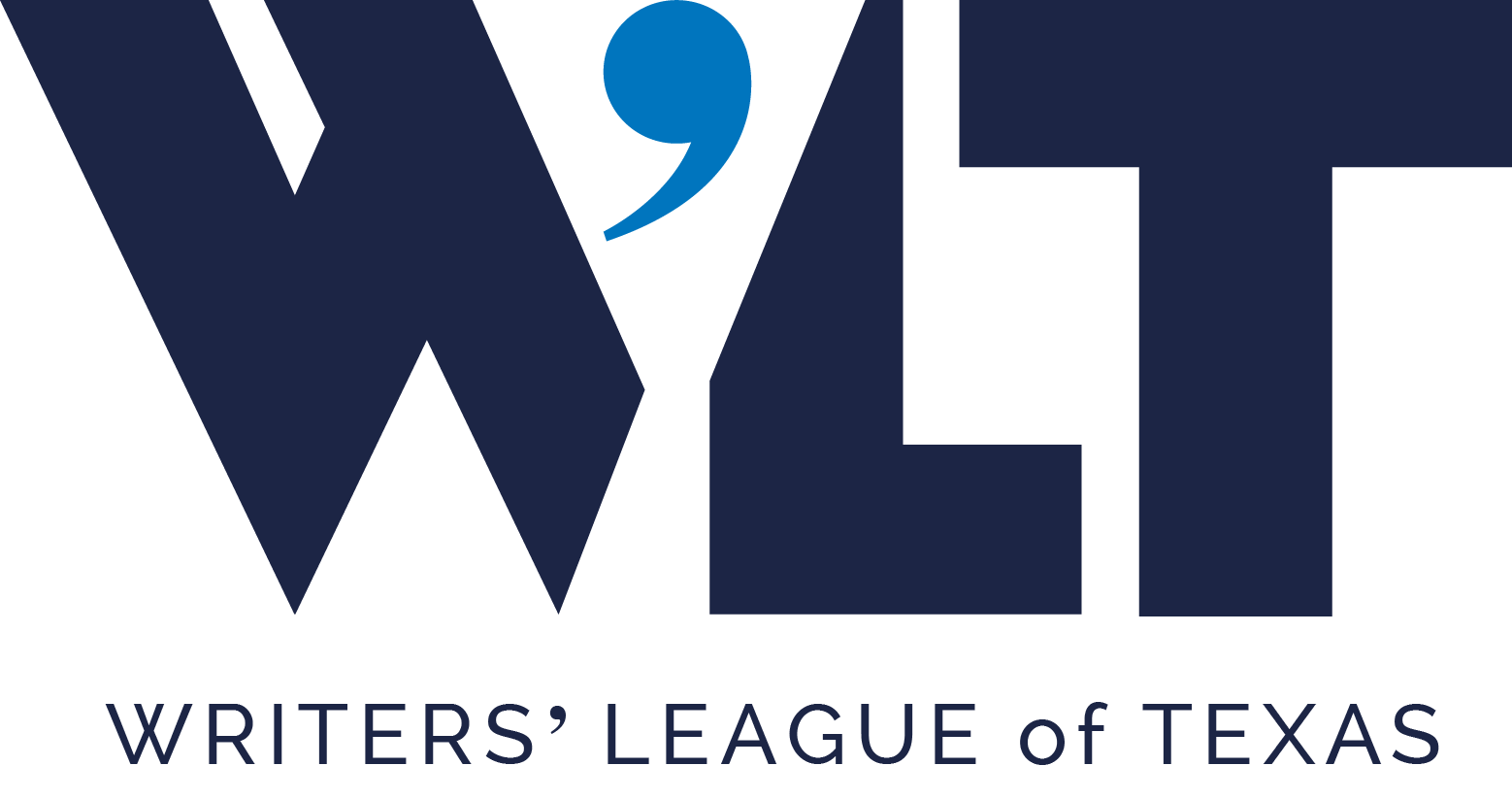“If you’re a writer, write. Don’t write for publication, let alone success. “
-Greg Garrett
Greg Garrett is the author of over twenty books of fiction, nonfiction, and memoir, including the acclaimed novels Free Bird, Cycling, Shame, and The Prodigal. He teaches fiction writing and screenwriting at Baylor University.
On September 2, he is teaching a class for the Writers’ League called “Better Novel Beginnings Through Character Development” at St. Edward’s University in Austin, TX. This class will offer exercises for introducing plot and complications at the beginning of a novel. Here’s what Greg is reading now, some of the problems he’s overcome as a writer, and what people can expect from his class.
 What is a book that you recommend to people over and over? What makes it so compelling?
What is a book that you recommend to people over and over? What makes it so compelling?
I’m teaching Ernest Gaines’ A Lesson Before Dying again this fall in a literature class at Baylor, and it’s an amazing little novel that ticks like a clock because of the way the problems and character yearnings are set up so powerfully at the outset. It does a great job of translating the Hero’s Journey for its two main characters, and I love that both main characters are complex. At first, we don’t actually like either of them that much, but we understand a little bit about how and why they’re broken, and I’ve found that goes a long way toward eventual reader sympathy.
In your own work, what has been one challenge posed by the craft, structure, voice, etc., of a book that you’ve had to puzzle out?
Plot and structure remain my biggest challenges. I learned to write fiction by writing short stories, which have many of the same elements as novels, but if you’re a literary short story writer, as I was, you don’t have to learn much about plotting. I spend so much time talking and teaching about story beats, character arcs, and the Hero’s Journey because I need to be reminded of it myself.
I wrote Shame, my third published novel, some years ago, and not only wrote it almost twice too long, but for many years didn’t know how to solve the problems in it because it was without a strong shape. When I wrote The Prodigal in 2013, not only was I operating on an unexpectedly tight deadline, but I didn’t have the usual time to let the story and characters gestate that I’d done in the past. But I did know enough now about successful story models for long narratives to bang out most of the things that needed to happen to Jack Chisholm, my main character, if he was going to go from Point A to Point Z.
Has there been a moment of epiphany in terms of your work, when you thought, “This is it! Now I know what I’m doing?” How long did that feeling last?
Actually, I first have a negative epiphany, which is that on everything I’ve written—20+ books now—there has been a moment about halfway through the writing when I’ve thought to myself, “Oh my God, what am I doing? This was a mistake. I’ve wasted a year of my LIFE. I don’t know how to solve this book. I’ll NEVER know how to solve it.” And then, with each of them, fiction and nonfiction, there came a moment when things did come together, when I could see the path. For me the strongest emotional moment is at the end of the book, when if everything has worked out, you have a powerful emotional reaction that you hope will be matched in the reader. And that lasts for a little while. I love those moments, because a lot of the time, even when the writing is going well, it is brutally hard. We do need those rewards.
What piece of advice do you find yourself giving to writers again and again?
If you’re a writer, write. Don’t write for publication, let alone success. Don’t write because you want the crowd to carry you on their shoulders around the town square or to get invited to the best parties. All of those things are out of your control. What you can do is orient your life and the lives of the people who love you around this one act, and do this act over and over. The more you do it, the better you’ll get at it, and the more likely someone will someday carry you around the town square. But the writing has to be your focus and your reward, because that’s all we’re ever guaranteed.
What is one thing that people will take away from this class?
I love teaching people about story beginnings because they’re so vital. I want people in this particular class to learn some strategies for complicating their characters, and to see how those will complicate—and enrich—their storylines. Stories are about people, and as Amy Tan says, the more broken they are, the more interesting they are to write about. Come and learn about human brokenness and human yearning—tough concepts in life, but essential in fiction!
—
Thanks, Greg!
Click here to learn more about and register for Greg’s class.
Click here for our current class schedule.









